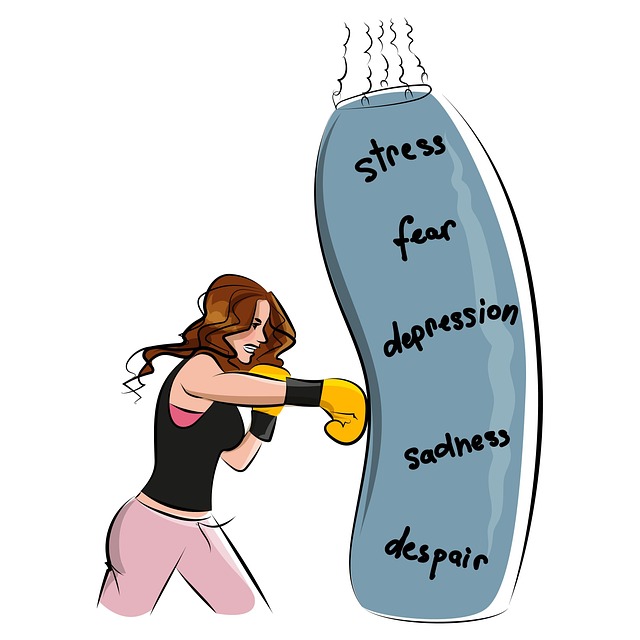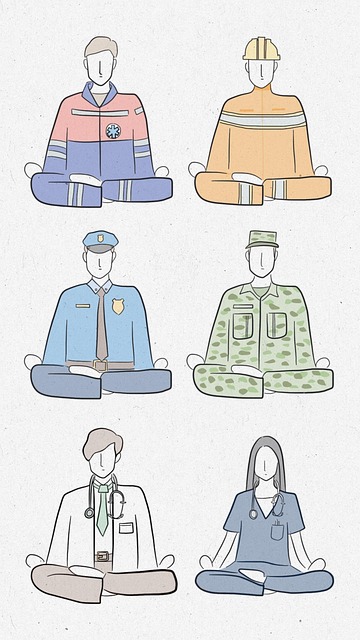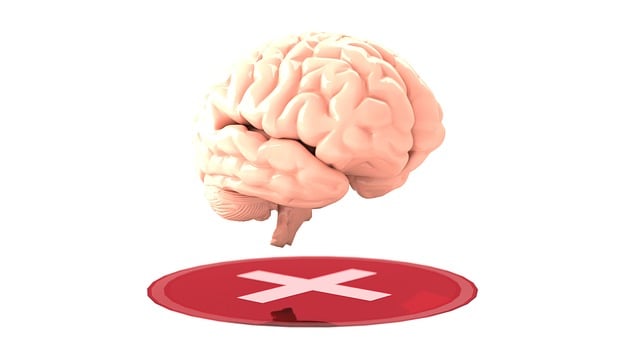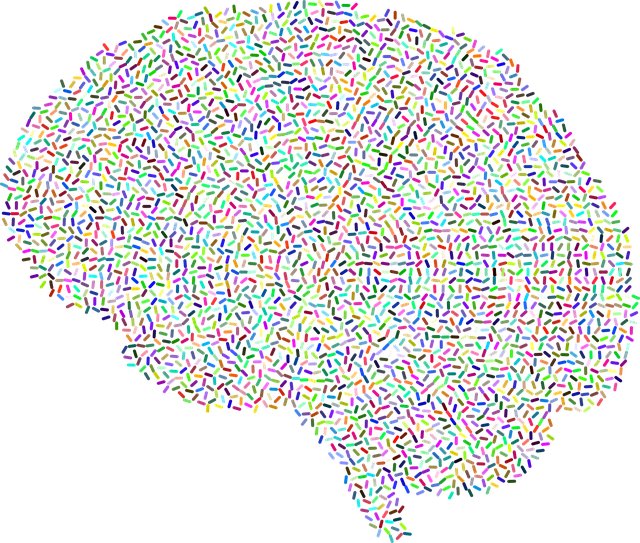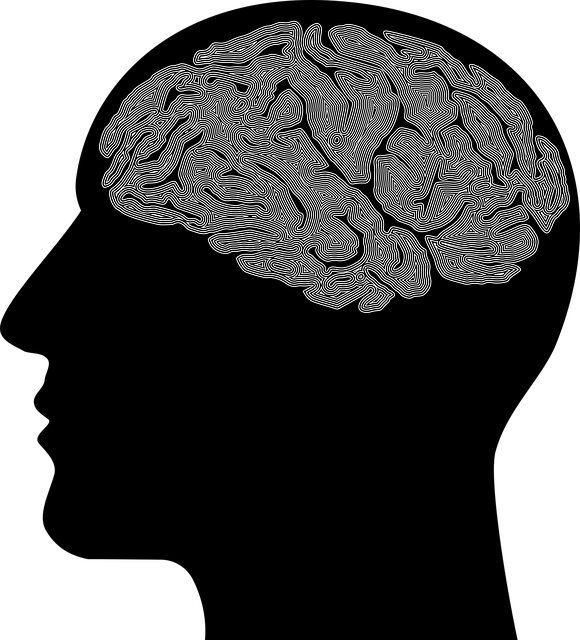The stigma around mental illness severely limits support and treatment access for young individuals, pushing many into isolation. Cognitive Processing Therapy (CPT), an evidence-based approach, targets negative thought patterns to improve emotional regulation, with promising results in anxiety and trauma cases. Community engagement through education and outreach programs widens access to CPT and reduces stigma. Collaboration between schools, community centers, and support groups is key to normalizing mental health conversations and empowering children to manage their emotional states. Advocacy ensures local governments prioritize evidence-based interventions like CPT for better youth mental health outcomes.
Mental illness stigma remains a significant barrier to youth well-being, hindering access to essential support. This article explores three key strategies to reduce this harmful perception. We delve into ‘Understanding Mental Illness Stigma and Its Impact on Youth’, highlighting the unique challenges faced by young individuals. Furthermore, we present ‘Cognitive Processing Therapy: A Novel Approach for Young Children’, showcasing its effectiveness in addressing mental health concerns early. Finally, we emphasize the power of ‘Community Engagement and Education’ as a collective effort to break down barriers and foster a more supportive environment.
- Understanding Mental Illness Stigma and Its Impact on Youth
- Cognitive Processing Therapy: A Novel Approach for Young Children
- Community Engagement and Education: Breaking Down Barriers Together
Understanding Mental Illness Stigma and Its Impact on Youth

Stigma surrounding mental illness can have a profound impact on young individuals, often hindering their access to necessary support and treatment. This is especially true for youth who might be navigating challenging life circumstances or experiencing symptoms of mental health disorders for the first time. The societal perceptions and stereotypes associated with mental illness can create a layer of shame and embarrassment, encouraging affected youth to conceal their struggles. As a result, many young people struggle in silence, facing increased risk of isolation, academic difficulties, and even self-harm.
Cognitive Processing Therapy (CPT) is one evidence-based approach that has shown promise in addressing these issues. By helping young clients identify and challenge negative thought patterns related to mental illness, CPT promotes healthier cognitive processes. Additionally, healthcare providers with robust cultural competency training can offer more empathetic care tailored to the unique experiences of diverse youth populations. A comprehensive risk assessment for mental health professionals is crucial in early identification of at-risk individuals, enabling timely intervention through therapy or other support services, ultimately fostering a more supportive environment for young people’s mental well-being.
Cognitive Processing Therapy: A Novel Approach for Young Children

Cognitive Processing Therapy (CPT) offers a novel approach to addressing mental health challenges in young children. This therapy focuses on modifying negative thought patterns and improving emotional regulation, which are often at the root of mental illness in childhood. By teaching children to identify and change distorted thinking, CPT empowers them to manage their emotions more effectively.
This therapeutic method has shown promising results in treating various conditions, including anxiety disorders and trauma-related issues. Through interactive and age-appropriate techniques, CPT facilitates self-esteem improvement and stress reduction methods, which are crucial components of a holistic healing process for young individuals. Community outreach program implementation can further enhance access to these innovative treatment options, ensuring that more children receive the support they need to navigate and overcome mental health struggles.
Community Engagement and Education: Breaking Down Barriers Together

Community engagement and education play a pivotal role in reducing the stigma surrounding mental illness, especially among vulnerable populations like young children. By bringing together schools, community centers, and local support groups, comprehensive programs can be designed to foster understanding and empathy. Through interactive workshops and awareness campaigns, individuals can learn about various mental health conditions, including their causes and treatments, such as Cognitive Processing Therapy, which has shown effectiveness in helping young minds process traumatic experiences.
Education becomes a powerful tool when it normalizes conversations about mental well-being. Incorporating mindfulness meditation practices and promoting self-esteem improvement techniques within these educational frameworks can empower children to recognize and manage their emotional states. Furthermore, active participation in mental health policy analysis and advocacy at the community level ensures that local governments and organizations prioritize evidence-based interventions like Cognitive Processing Therapy, ultimately leading to more accessible and effective therapy for young children.
Mental illness stigma, particularly among youth, is a complex issue that requires multifaceted approaches. By understanding the profound impact of stigma on young individuals and adopting innovative strategies like Cognitive Processing Therapy, we can significantly reduce its effects. Community engagement and education play a pivotal role in breaking down barriers, fostering empathy, and promoting support for those facing mental health challenges. Through collaborative efforts, we can create a more inclusive environment, ensuring that therapy, such as Cognitive Processing Therapy tailored for young children, becomes accessible and effectively addresses the needs of our youth.
